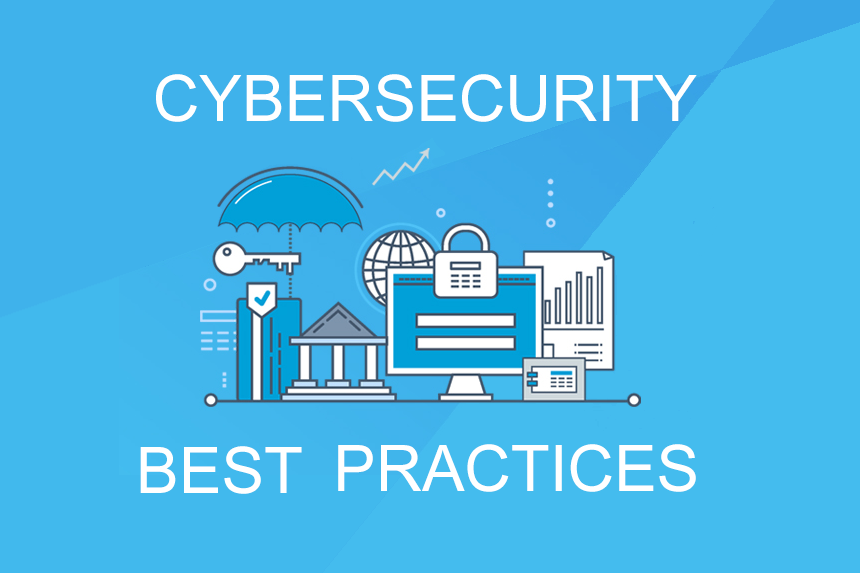In today’s digital age, cybersecurity is of utmost importance for small businesses. With the rise of cyber threats and attacks, it is essential for small businesses to implement strong cybersecurity measures to protect their sensitive data and information. This article will provide you with some best practices to enhance your small business’s cybersecurity posture.
Use Strong Passwords
One of the simplest yet most effective ways to enhance cybersecurity is to use strong passwords. Encourage your employees to create complex passwords that include a mix of letters, numbers, and special characters. Additionally, implement a policy that requires regular password changes to prevent unauthorized access to your systems.
Implement Two-Factor Authentication
Two-factor authentication adds an extra layer of security to your online accounts by requiring a second form of verification, such as a code sent to your phone or email. Implementing two-factor authentication can greatly reduce the risk of unauthorized access to your sensitive data.
Regularly Update Software
Outdated software is one of the most common entry points for cyber attackers. Make sure to regularly update your operating systems, applications, and antivirus software to patch any vulnerabilities that could be exploited by hackers. Set up automatic updates whenever possible to ensure your systems are always secure.
Train Your Employees
Human error is often the weakest link in cybersecurity. Provide your employees with cybersecurity training to raise awareness about potential threats such as phishing attacks, social engineering, and malware. Educating your staff on best practices and how to identify and respond to security incidents can greatly reduce the risk of a successful cyber attack.
Encrypt Your Data
Encrypting your sensitive data is essential to protect it from unauthorized access. Use encryption software to secure your files, emails, and communications both at rest and in transit. This will ensure that even if your data is compromised, it cannot be easily deciphered by hackers.
Backup Your Data Regularly
Backup your data regularly to prevent data loss in the event of a cyber attack or system failure. Use a reliable cloud backup solution or external storage device to store your backups securely. Test your backups regularly to ensure they are functional and can be restored quickly in case of an emergency.
Monitor Your Networks
Implement network monitoring tools to keep an eye on network traffic and detect any unusual or suspicious activities. Set up intrusion detection systems and firewall rules to block malicious traffic and prevent unauthorized access to your systems. Regularly review your network logs to identify any potential security incidents.
Secure Your Wi-Fi Networks
Secure your Wi-Fi networks with strong passwords and encryption protocols such as WPA2 or WPA3. Disable guest networks and enable network segmentation to separate your business network from guest or personal devices. Regularly update your Wi-Fi routers and access points to patch any security vulnerabilities.
Conclusion
Protecting your small business from cyber threats should be a top priority. By implementing these cybersecurity best practices, you can enhance your business’s security posture and safeguard your sensitive data from cyber attacks. Stay vigilant, stay informed, and continuously update your security measures to stay one step ahead of cyber criminals.


